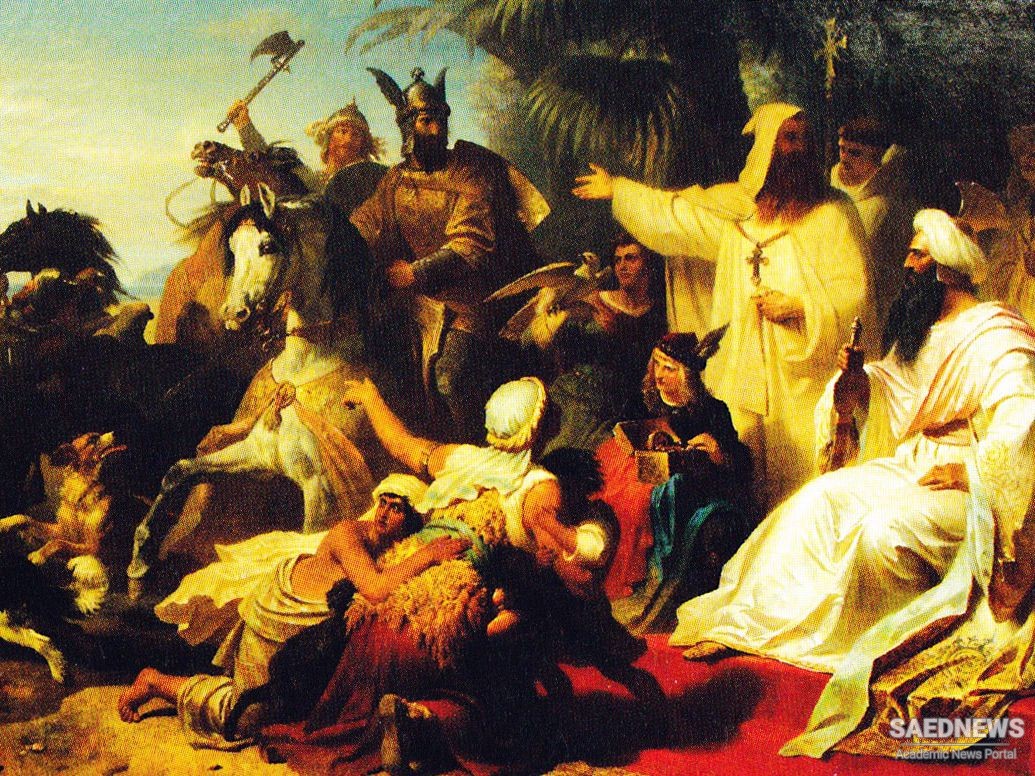Al-Mansur was followed by his son al-Mahdi and his grandson al-Hadi, the latter being succeeded by his brother Harun al-Rashid (786= -809) the greatest of Abbasid Caliphs. Under the rule of Harun, the Abbasid power spanned from Central Asia/Transoxiana to Morocco and southern Europe. Great palaces and gardens were built in Baghdad, and the economy of the Islamic world flourished from the growth in trade and the inflow of gold through the Sahara route. Harun patronized many scholars, poets, and artists, and under his rule, arts and culture of Islam first emerged from the shadow of its Sasanian and Byzantine influences, although the court of Harun al-Rashid resembled that of the Sasanians more than anything else. Indeed, the Persian speaking administration of the Abbasid Caliphate was most powerful during this period, exemplified by the dominance of the Barmakid family (former caretakers of the Buddhist temple of Nawbihar in Balkh). Harun’s famous embassy to Charlemagne, which included many gifts among them a white elephant, more than anything else established his reputation as the most powerful ruler of the Mediterranean as far as northern Europe (Source: Iranologie).


 First Abbasid Caliph Abdullah Al Safah: Short Reign and Longer Impact
First Abbasid Caliph Abdullah Al Safah: Short Reign and Longer Impact














































